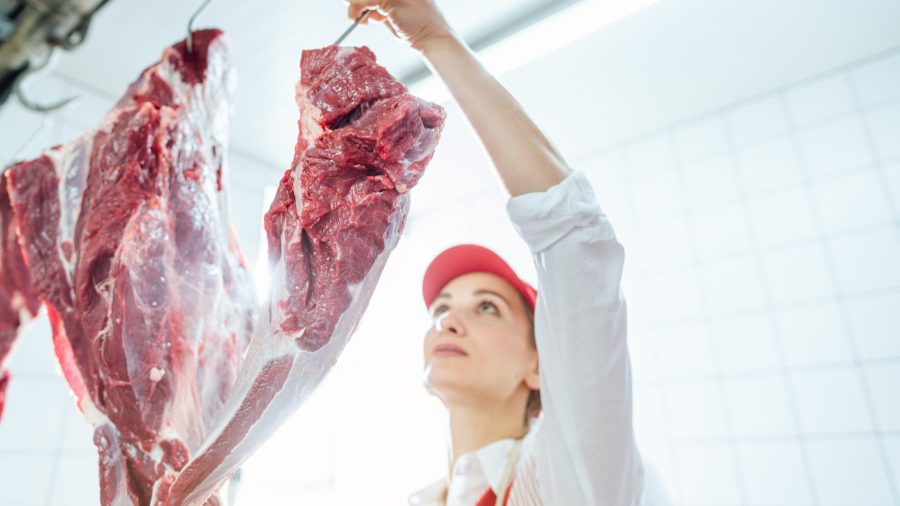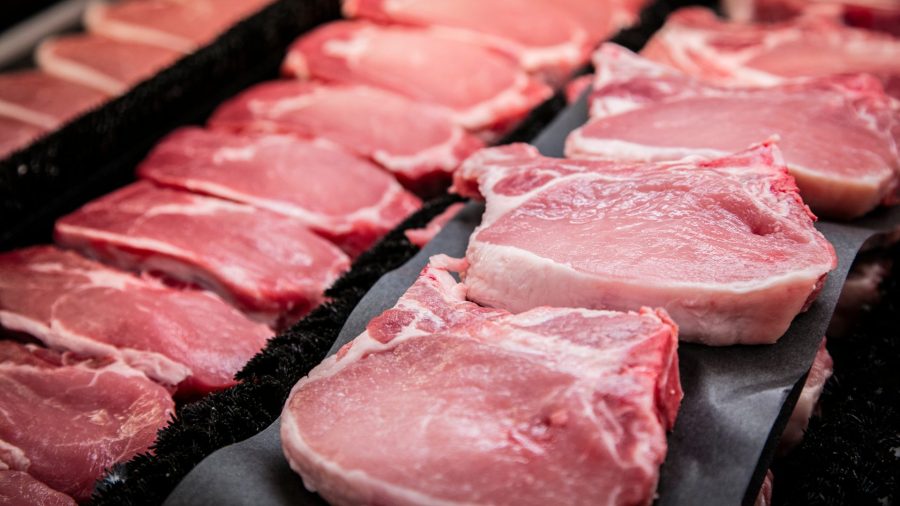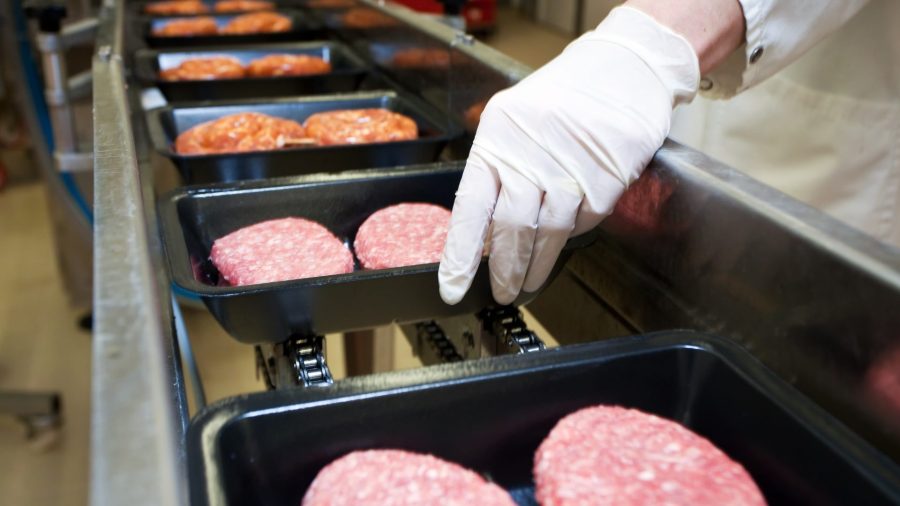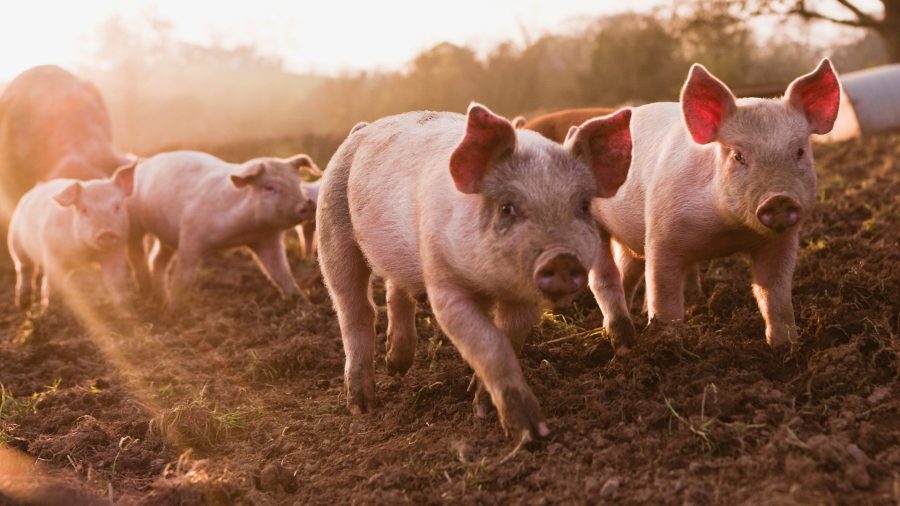A newly formed group of academics and industry leaders is out to increase representation of women in the meat industry, promoting what it calls the powerful benefits of gender diversity.
The Women’s Meat Industry Network said it plans to educate, develop, promote and retain women working in the meat industry.
“It is a male-dominated industry, and it has been for a long time,” Oregon State University Professor Carol Lorenzen told The Food Institute. “Women want to be successful, but there are barriers.”
In 2020, women made up 25.7% of butchers and other meat, poultry and fish processing workers in the U.S., according to statistics published by Statista. A report published in October by Meat Business Women put the global figure at 36%, with just 14% in board-level positions and just 5% in executive roles, The Pig Site reported.
“Talent is leaving the industry,” said Lorenzen, who heads the Department of Animal and Rangeland Sciences at OSU. She said women in the industry tend to be clustered in quality assurance, and research and development. “We want to provide somewhere where people can ask questions and get some mentorship if they want to move over and move up.”
Lorenzen noted the meat industry differs from most of the rest of the food industry. Unlike fruits and vegetables, it’s year-round, not seasonal. It’s also regulated by the USDA while the rest of the food industry is regulated by the Food and Drug Administration.
The network does not plan to supplant any other organization, but rather partner with them to provide complementary content, much of it virtually. Cohorts based on cross sectors, career stage and function are envisioned.
The group’s board of directors includes representatives from the National Pork Board, Albertson’s Cos., the U.S. Meat Export Federation, Cargill and the North American Meat Institute, among others.
“We want different voices at the table so the meat industry will continue to be resilient,” Lorenzen said. “We have support not just from women but from the entire industry.”
WMIN’s website notes women have had limited opportunities in the industry, and there is no infrastructure for mentoring, leadership support and other training that would lead women to the C-suite.
“The organization will not only open the doors and provide opportunities for many women who are looking to enter this industry, but also provide the support and resources to those who are looking to grow their careers and network,” said Cathy East, vice president of national replenishment and planning at Albertson’s.










